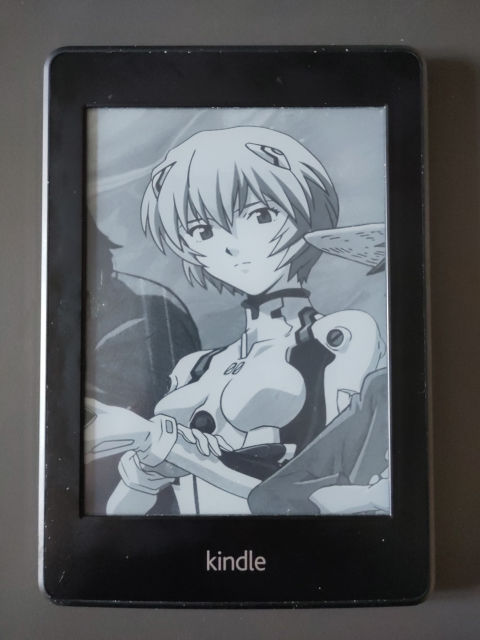Mastodon image fetcher for kindle-dash
This is really only a script that fetches the last non-CW image from Mastodon, fits to your screen dimensions and writes it to a PNG file. This is meant to be used with kidle-dash, but you can use it in other linux-based ebook readers or in any case you may need the last post image saved to a file.
Install (with kindle-dash)
You will need a jailbroken kindle.
Follow the kidle-dash instructions to install the dashboard. From now on, let's say you installed it in a folder called my-dashboard.
Install Python3 on your kindle
Check python is correctly installed running python3 --version (should print something like Python 3.9.8).
Note: Python version 3.x is required. This will not work with Python 2.x
Copy fetch-dashboard.sh.example in my-dashboard/local/fetch-dashboard.sh (you will overwrite an already present file).
Open mastodon-image-fetcher.py and set your Kindle's screen resolution in the Config section (if you don't know it, you can find it running eips -i on the kindle terminal).
Copy mastodon-image-fetcher.py in my-dashboard/local/mastodon-image-fetcher.py
Start the dashboard as explained in kindle-dash documentation (running my-dashboard/start.sh)
Troubleshooting
Kindle-dash saves a logfile in my-dashboard/logs/dash.log.
Install (generic)
Just open mastodon-image-fetcher.py and set the preferred screen resolution in the Config section.
Optimizations
The image is converted in BW and saved in PNG format, because some ancient utilities for e-ink screens (like the Kindle's eips commad) do not support fancier formats, like progressive JPEG (one of the most common image format on the modern Internet).
